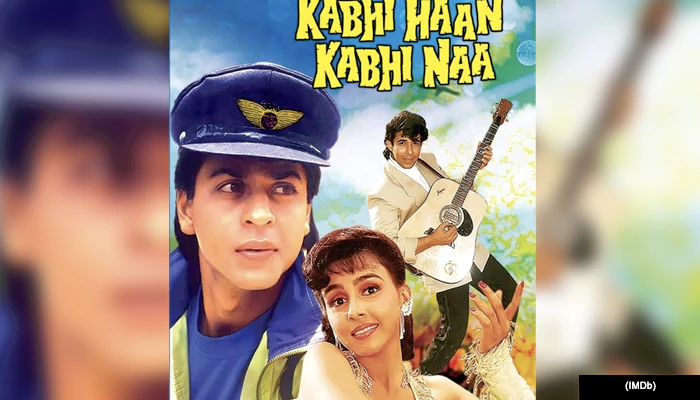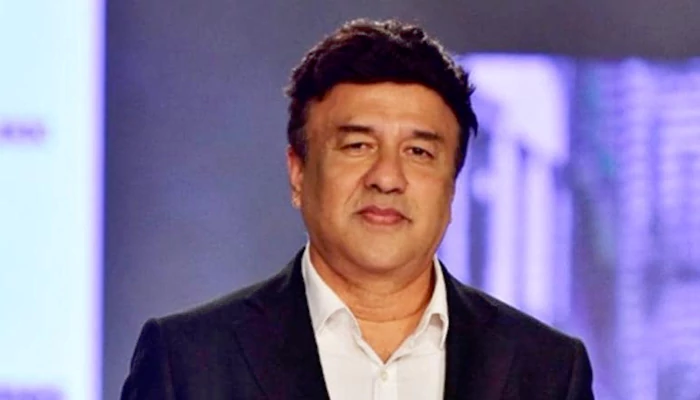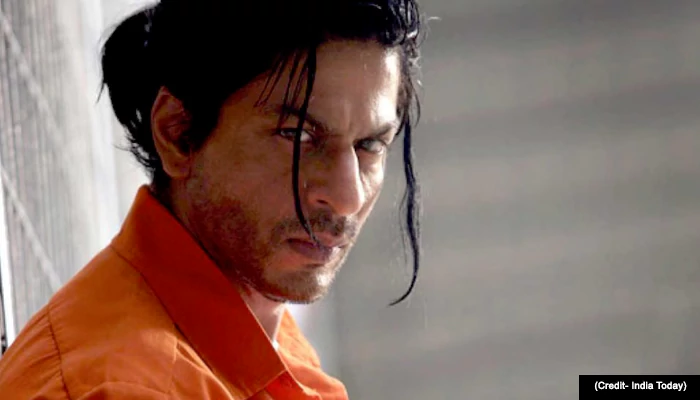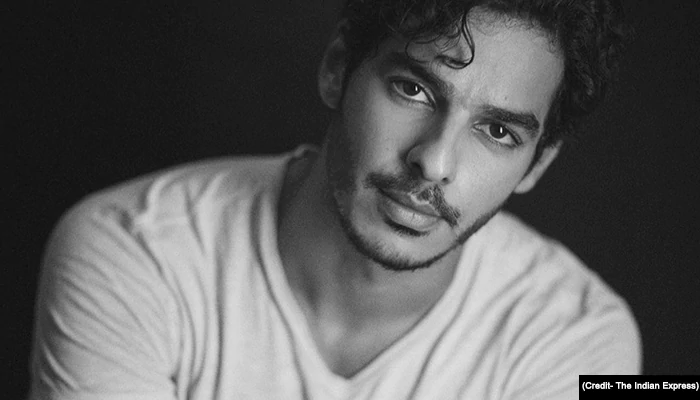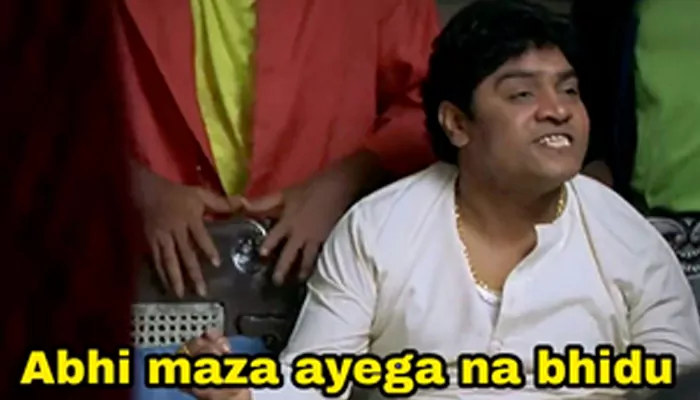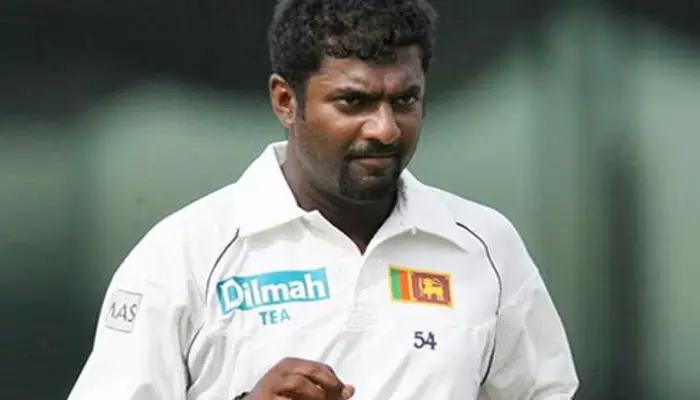On Mahesh Manjrekar’s Birthday, We Dive Into His Gritty, Realistic Lens on Cinema
- Sanchari Das
- 2 months ago
- 3 minutes read
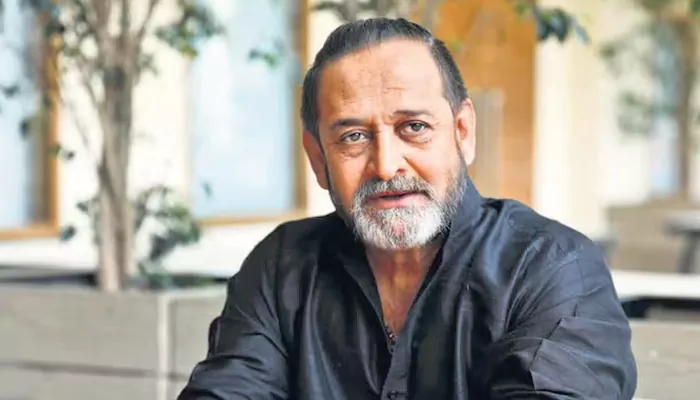
He doesn’t just tell stories—he pulls them out from the cracks of society, raw and unflinching
Mahesh Manjrekar’s cinema doesn’t wear makeup. It doesn’t care for glamour. Instead, it digs into broken pavements, dark alleys, and rusted mills to find stories that feel brutally alive. On his birthday, we revisit his bold style—where pain, power, and realism blend into one another.
He’s not your typical Bollywood storyteller. And that’s the point.
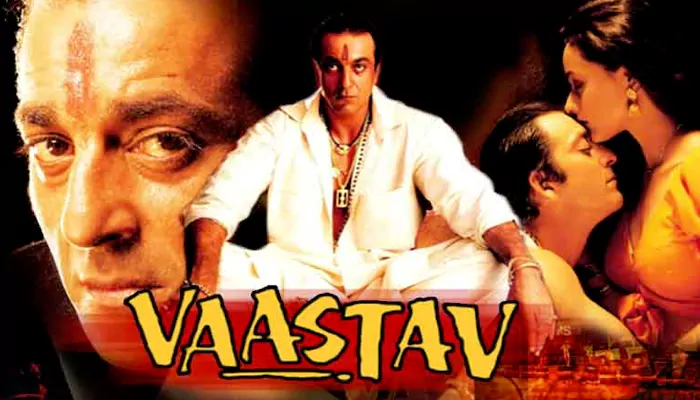
‘Vaastav’: The Unfiltered Crime Saga
Back in 1999, Vaastav arrived like a punch in the gut. No filters. No fantasy. Just a boy-next-door caught in a spiral of crime. The streets of Mumbai were not a backdrop—they were characters. Sanjay Dutt’s portrayal of Raghu was heartbreaking, but it was Manjrekar’s lens that gave the story its bite. He didn’t glorify the gangster life. He showed its decay. The result? A film that felt as real as the city’s midnight sirens.
Mills, Men, and Melancholy in ‘City of Gold’
Years later, City of Gold took us deeper—this time into the belly of Mumbai’s lost mills. Workers displaced. Families destroyed. Dreams postponed forever. Manjrekar captured that world not with melodrama, but with tight, uncomfortable truths. You could almost smell the sweat and hopelessness in every scene. And yet, it wasn’t just despair—it was resistance, bottled and waiting to burst.

‘Natsamrat’: The Loneliness of Greatness
With Natsamrat, Manjrekar ventured into emotional terrain most filmmakers fear—old age, fading glory, and betrayal by blood. Nana Patekar’s haunting performance as a retired theatre legend losing everything, slowly, was devastating. However, it was the director’s unshakable gaze that made it unforgettable. There was no soft landing. Just raw, painful decline. And dignity that refused to disappear, even when everything else did.
A Style That Doesn’t Look Away
What makes Mahesh Manjrekar’s direction stand apart? He refuses to romanticize. Whether it’s the political chaos of Kurukshetra or the hard choices in Antim, he never lets the audience settle. There’s always a restlessness in his frame. Characters are flawed. Morality is messy. Yet somehow, empathy always lingers. He makes you feel for even the ones you judge.

Not Just a Director—A Fighter
Away from the camera, Manjrekar’s life echoes the fight in his films. He has battled controversies, lost elections, and fought cancer. In 2021, he underwent bladder cancer surgery, but didn’t pause work. He hosted Bigg Boss Marathi, shot promos, and continued to push through treatments. That spirit—unyielding and unsentimental-is the same spirit that pulses through his movies.
His Realism is the Revolution
At a time when cinema often chooses escapism, Manjrekar insists on confrontation. He brings the underrepresented to the screen. The forgotten worker. The decaying patriarch. The street thug with no way out. And he does it without pity. Only perspective.
A Birthday Toast to Unfiltered Vision
As Mahesh Manjrekar turns another year older, his cinema remains timeless. Bold. Grounded. And yes, uncomfortable. In a world that often prefers polished lies, he continues to tell the gritty truth. That’s his gift to Indian cinema. We’re fortunate to receive it.

